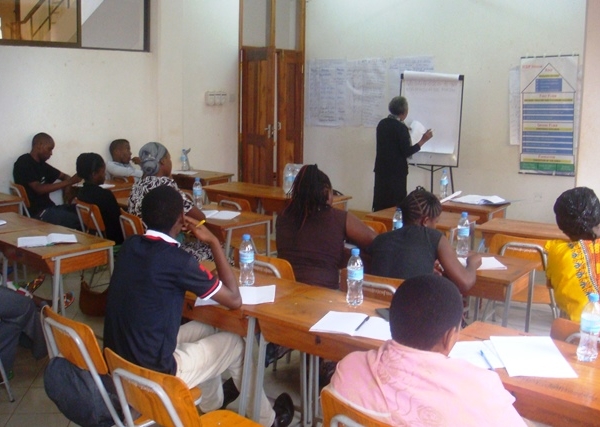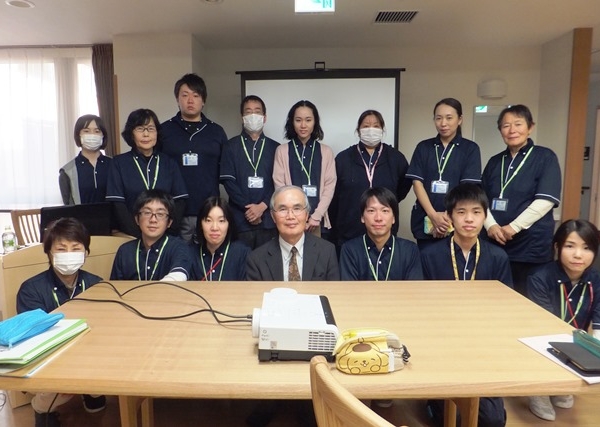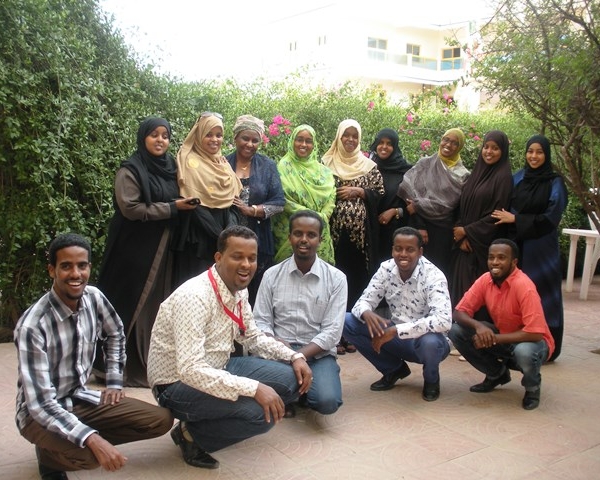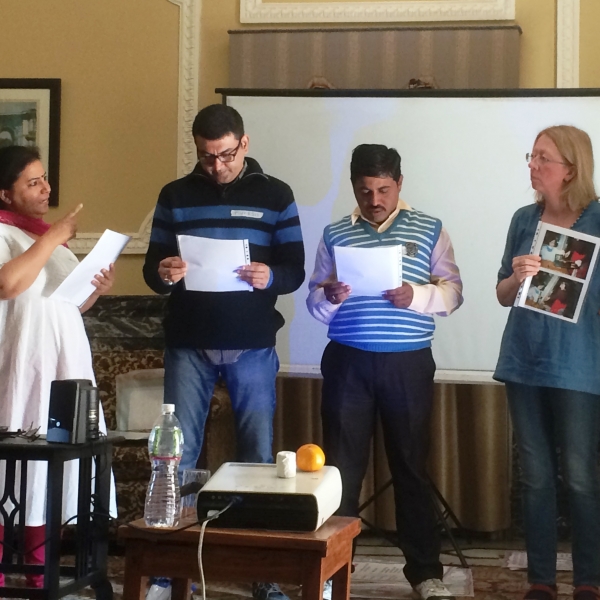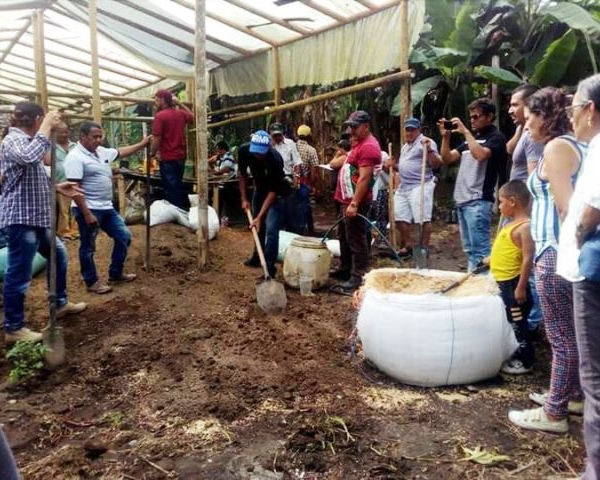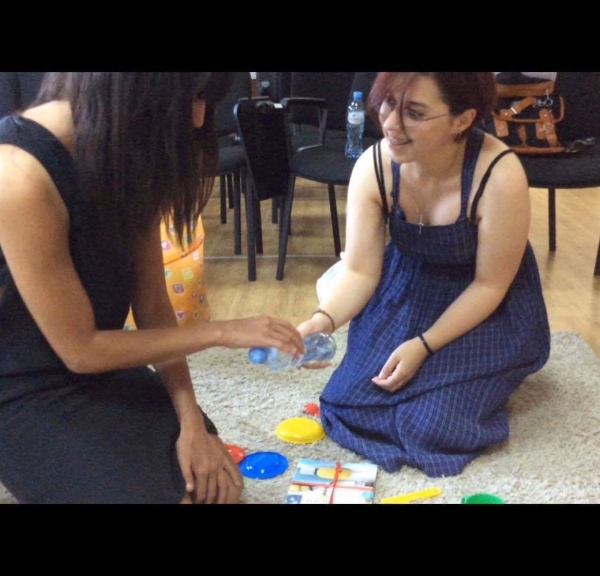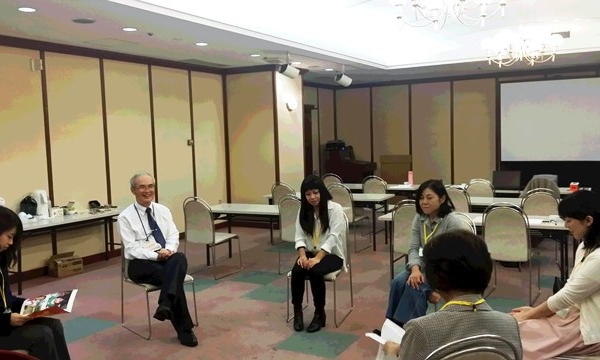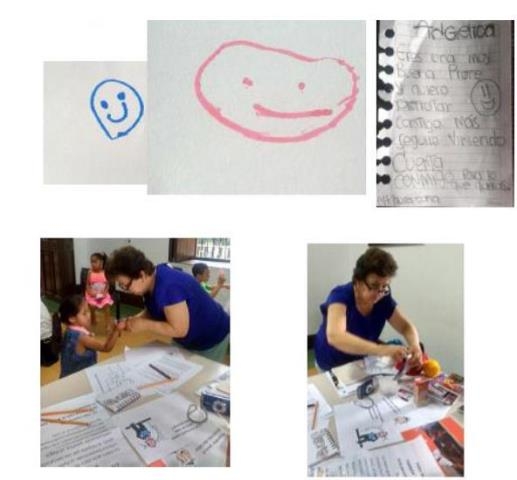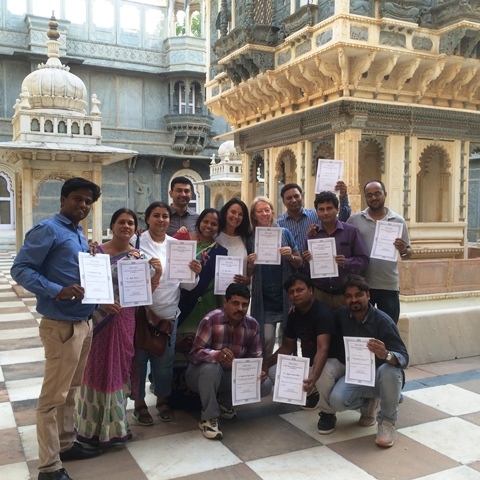The work of ICDP in cooperation with the Capuchin order in Quito found a new opening this year.
During 2017, ICDP is being reactivated through the work of ICDP trainer Ilaina Ramirez. She held several workshops over the past few months which were directed to parents from the poor communities that are supported by the Capuchin order, as well as training teachers from several institutions.
As an additional challenge, ICDP training was also offered and adapted to work with 60 employees of the cooperative that supports the work with boys in re-education.
In this context the guidelines and principles of the ICDP programme were used to improve relations among colleagues and to promote a positive attitude towards their own job tasks and activities. The ICDP guidelines were used within this new context related to working life, which proved to be a very interesting experience and beneficial for all participants.
All participants became involved in the process of self-evaluation and co-construction with the aim of trying to find ways to solve the difficulties detected in their working relationships. It is remarkable that all the sixty employees of the cooperative without distinction of position from the manager to the caretaker, contributed towards improving communication, creativity and leadership in the working environment.
During training the participants were divided into two groups, so that separate workshops were conducted for two teams of 30 employees and then they attended one last workshop which involved the whole group of 60 employees. The final workshop had the purpose of exchanging, sharing and learning from each other’s experiences, but also formulating an action plan of a shared project aimed at continuing the process of working on relational improvements.
The method of the “Spiral” was also used – the goal of the spiral is to transfer project development competence to team members. It was developed by Einar Columbus Salvesen, ICDP board member and was adapted for ICDP use by Nicoletta Armstrong. The spiral is based on experiential learning and a series of team members’ meetings that provide a structured discussion space for examining problems, challenges and possibilities. Team members efforts alternate between planning and strategy formulation on one hand and attempts to implement strategies during a transitional period on the other hand; then afterwards discussing the results of these attempts and re-formulating the strategy – and thus successively, repeating the pattern. This process of alternation is “the spiral”. It is a method that requires a flexible and open approach during the exchange of experiences. It requires a structured discussion, where team members can focus on case studies and their experiences “in the field”. It is important to apply the empathy dialogue in this context. The experiences are summarized and transformed into transferable knowledge, which is used for the development of team members and to optimize their practical work as a team. Experience shows that it takes time, as well as experience, to achieve the transfer of the “spiral culture” and its integration into the productive life of a team of people. The spiral is optimized when combined with the support of external experts, such as development support consultants, at regular intervals.


